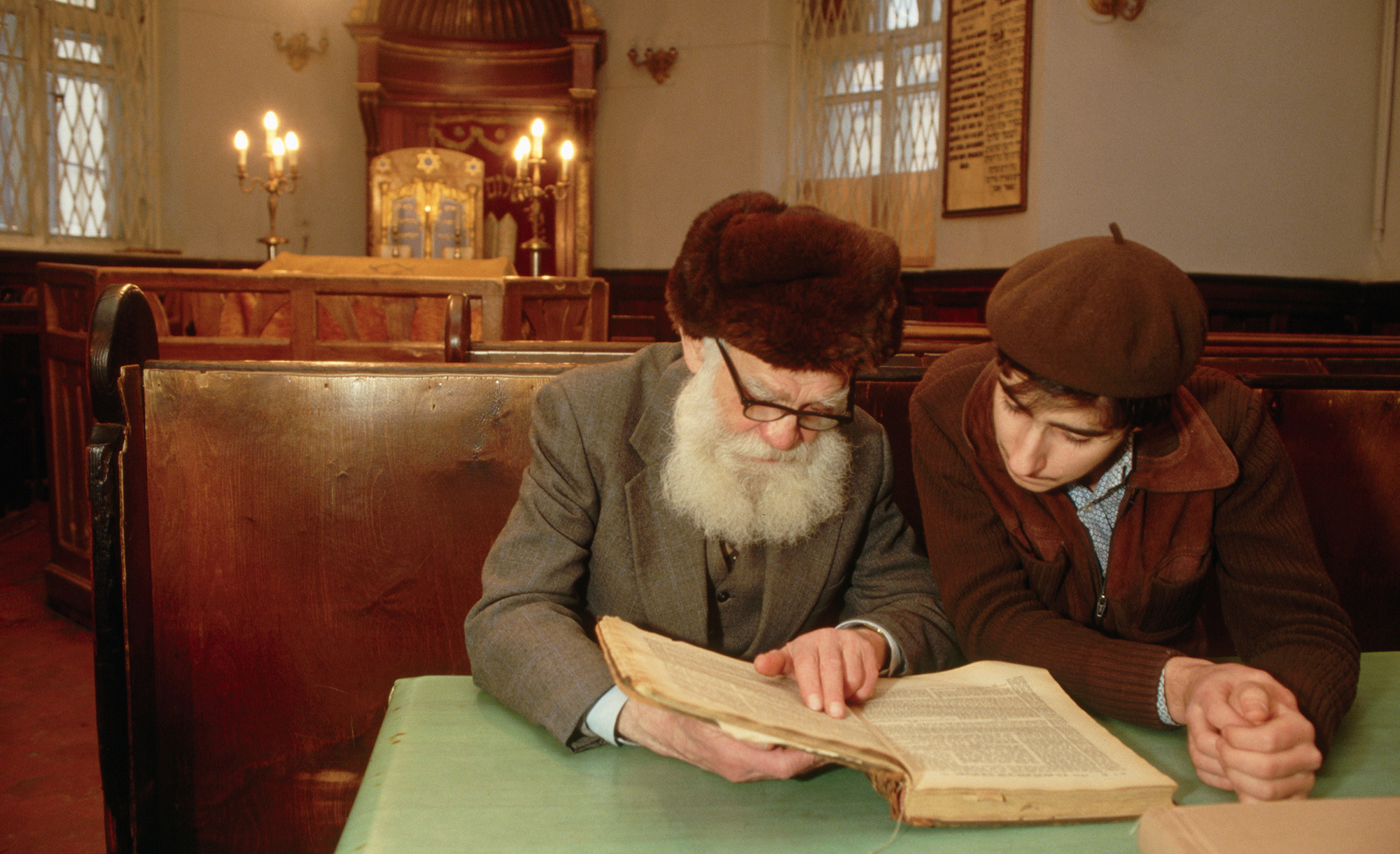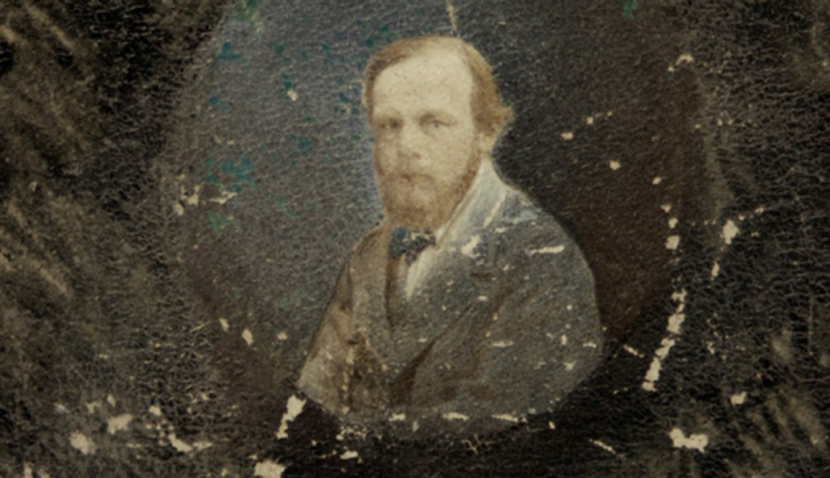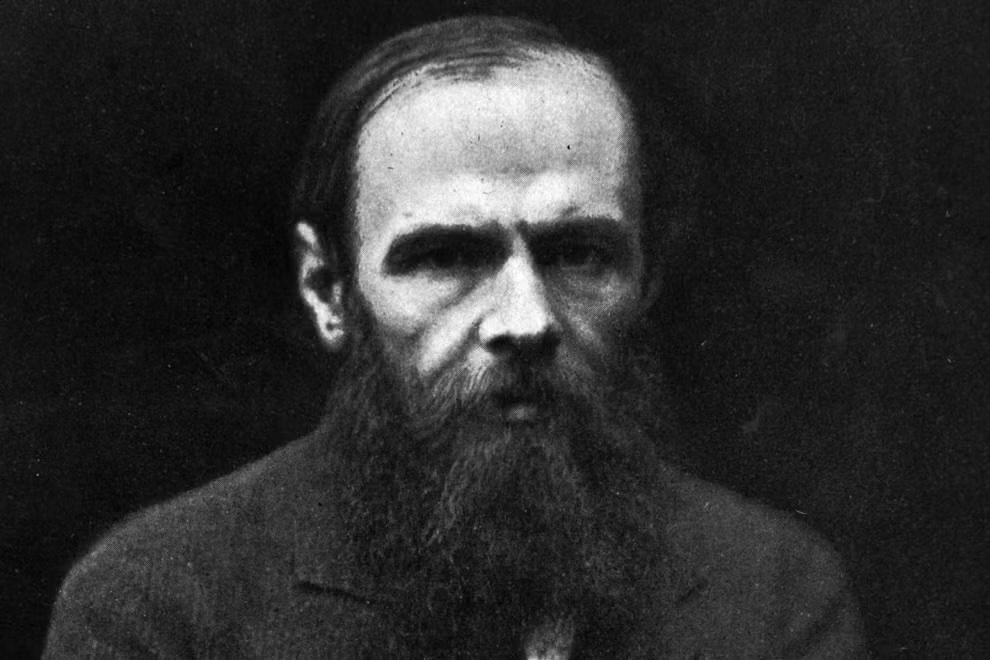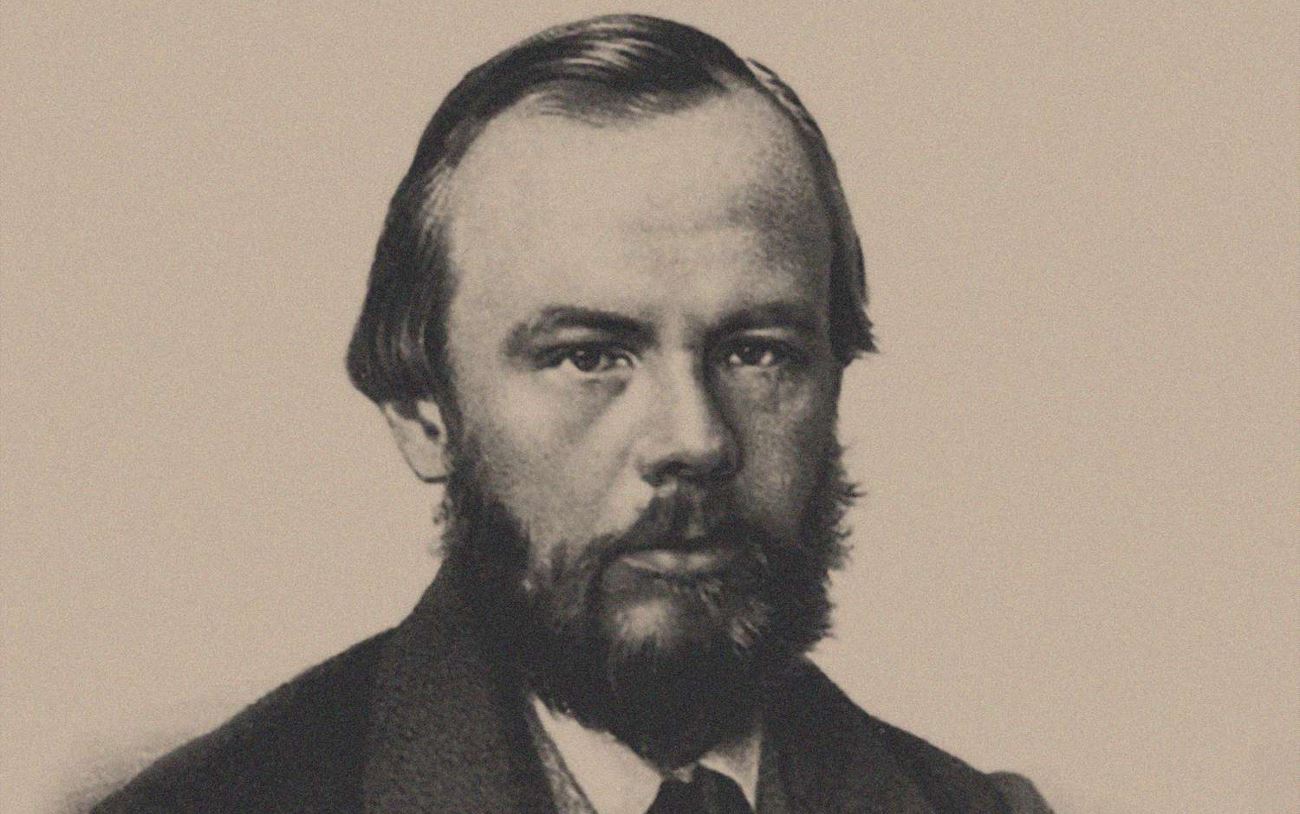Andrei Zorin, a well-known scholar of Russian literature at Oxford and a biographer of Tolstoy, stated in a recent interview that if we want to understand today’s manifestations of Russian imperial thinking, we need to turn not to Tolstoy, but to
Dostoevsky with his national-religious messianism. He expressed this worldview with an incredible force. Our current social experience tells us that this ideology generates horrible consequences. But if we want to understand how to combat it on the individual and societal level, we have to comprehend where it’s coming from, what emotions feed it, and why it’s attracting people who don’t seem to be monstrous in nature, and . . . not just in Russia. Dostoevsky cannot be replaced with anyone else here.
Zorin’s thoughts echo Gary Saul Morson’s in his essay “Why Dostoevsky Loved Humanity and Hated the Jews.” Morson concludes, eloquently and persuasively, that Dostoevsky’s hatred of the Jews was part and parcel of his ideological and religious beliefs, millenarian to the core. “Indeed,” Morson writes, “Dostoevsky’s anti-Semitism coincided with his growing certainty that the end was at hand. . . . When Dostoevsky’s apocalyptic fever rages most intensely, he envisages a final battle between Christians and Jews or, more accurately, between ‘the Christian idea’ of idealistic self-sacrifice and ‘the Jewish idea’ of utilitarian materialism. . . . The problem is not individual Jews but the Jewish idea, whoever may accept it.”
Notably, both Morson and Zorin find a similar ideological fanaticism in today’s anti-Semitic hate, which appears wrapped in anti-Zionist garb—and they’re right. As I pointed out recently regarding the pro-Hamas student rallies on my own campus: “The lessons of how Soviet Jews, so many of whom are now in the U.S. and Israel, confronted this hate and saw through it in the old country should come in very handy.”
I analyzed and collected such lessons in my book, The Soviet Jewish Bookshelf: Jewish Culture and Identity between the Lines. In it, my goal was to demonstrate that Soviet Jewish culture after the Holocaust and Stalin’s death was rich and complex while at the same time fragmentary and precarious. This culture was a cautious triumph of the spirit that allowed Soviet Jews to assert their identity in a deeply hostile environment and form a canon of books, consisting of everything from the Russian classics to translations of Yiddish and Hebrew literature to science fiction, from which they derived the “salvaged fragments” of Jewish knowledge and learned the meanings and expressions of Jewishness. Any text that had the word “Jew” or “Jewish” in it was seized upon by the Soviet Jewish reader—including anti-Zionist propaganda, which they combed for any information about the Jewish state while ignoring the ideological rubbish, knowing full well that its anti-Zionism equaled anti-Semitism.
The Russian classics—Pushkin and Gogol, Turgenev and Dostoevsky, Tolstoy and Chekhov—had their own meaning for Soviet Jews. Their collected works carried the main weight of Soviet family libraries. As I put it, “The distinct musty smell of their binding has the effect for many, myself included, of a Proustian madeleine, causing us to recall the sheer aesthetic pleasure of listening to Pushkin’s fairy tales as a child, . . . or discovering that Turgenev’s and Tolstoy’s pages were surprisingly not boring at all.” The pleasures went hand in hand with the “stumbling blocks” from the occasional anti-Semitic quips in Pushkin to the ubiquity of anti-Semitic imagery in Gogol to, of course, Dostoevsky, keeping in mind that the absorption of Dostoevsky into the Soviet-sanctioned Russian canon was long and arduous. My grandmother, Maya Moshchinskaya (1929–2007), a student of Russian literature at a pedagogic institute in the Ukrainian city of Vinnytsia after the war, recalled how, rummaging through the town’s book junkyards, she discovered Dostoevsky’s novels—at the time essentially banned—and read all of them ravenously.
The complete multivolume edition of Dostoevsky’s collected works was finally published in the 1970s, including The Writer’s Diary, the main source for his anti-Semitism. Leonid Tsypkin (1926–1982), a distinguished medical doctor and refusenik, and a brilliant Soviet Jewish reader and writer whose novel, Summer in Baden-Baden, was published long after his death, was puzzled and fascinated by the special sway Dostoevsky held over Soviet Jewish minds. He saw in the Jewish readers’ attraction to Dostoevsky a historical blindness, “something unnatural and . . . even enigmatic in the passionate and almost reverential way in which they dissected . . . this man who despised and hated their race, . . . using him as a safe-conduct.” That is, they believed that reading Dostoevsky in particular would legitimize their place in Russian culture and protect them against accusations of being interlopers and perpetual foreigners.
Some among the Soviet Jewish readers who had access to samizdat or to books smuggled from Israel could read Vladimir Jabotinsky’s sober turn-of-the-century assessment of the Jewish attraction to Russian literature as self-defeating and masochistic, which dispelled the “safe conduct” illusion. In his 1909 essay “The Russian Tenderness,” Jabotinsky wrote, “According to Dostoevsky, the destruction of Russia will come from the Yids. This, it seems, should have given these Yids his special attention, but there’s not a single complete Jewish character in Dostoevsky’s works, as far as I can now recall.” Indeed, there are instead, as Tsypkin put it, “all those ‘Jews, Jewesses, Jew-boys, and Yids,’ with which he so liberally besprinkled the pages of his novels.”
Yet, apart from this hateful pettiness, Dostoevsky’s obsession with the “Jewish idea” was embedded in his novels in nuanced and discreet ways, which required reading between the lines, the key strategy perfected by the Soviet intelligentsia, and by Soviet Jews in particular. I’ll provide one fascinating example. In a pivotal section in Crime and Punishment, the main character, Raskolnikov, explains to Sonechka Marmeladova that murdering the pawnbroker was not at all about some Napoleonic philosophy, but an existential test he set for himself to determine whether he was a servile “louse” or a radical human being capable of overcoming conventional morality and the “thou shalt not kill” commandment. In a passage that has never been properly translated, he proclaims, “would I be able to step over, or not? . . . Am I a trembling creature, or do I have the right?” (part 5, ch. 4). In the original Russian, the word “right” is pravo, which also means law. Dostoevsky with this word points to the Old Testament, and its idea of the covenantal Law, as the source of Raskolnikov’s evil. The Jewish idea—the devil—tempts Raskolnikov into becoming a rebellious murderer while what redeems him is Sonechka’s Christian love and her plea that he turn himself in voluntarily. As Morson reminds us, the idea of “Jesus’ voluntary self-sacrifice,” as opposed to God the Father’s cruel plan, was a key component of his idiosyncratic Russian reactionary millenarian theology.
It is impossible to appreciate Dostoevsky’s place on the Soviet Jewish bookshelf without discussing Friedrich Gorenstein (1932-2002), a model Soviet Jewish reader and the creator of his own artistic and philosophical universe. His fiction, entirely true to the Russian literary tradition, engages weighty religious and political questions, but the attentive reader never loses sight of the fact that it is the work of a Jewish writer with a Jewish perspective. Like Morson, Gorenstein strove to comprehend the foundations of Dostoevsky’s anti-Semitism. His unforgiving polemic with his great predecessor, to whom he would later be often compared, was not merely about counting the little Yids on his pages, but locating in Dostoevsky the roots of Russian fascism and his project of constructing a specifically Russian version of Christianity where the Russian component acquires a messianic dimension.
A case in point is Gorenstein’s brilliant 1973 play, Debates about Dostoevsky, which depicts a gathering of critics and writers who deliberate on an essay about Dostoevsky as an atheist thinker. This initially pristine and ideologically proper intellectual assembly quickly devolves into a scandalous celebration of Dostoevsky’s Russian idea as the very antithesis of Judaism. One of the play’s characters is Mikhail Zalmanovich Soskis, a literary scholar modeled partially on Grigory Friedlender (1915-1995), a chief editor of Dostoevsky’s collected works. An apologist for Dostoevsky’s nationalism, Soskis is Gorenstein’s scathing portrait of a Russified Soviet-Jewish intellectual who is blind to the anti-Semitic core of the revered Russian master.
Soviet Jewish readers could not read Gorenstein’s works; only one of his short stories was published officially in 1964 (Debates about Dostoevsky was published in New York in 1988), but, like him, many of them knew that to read Dostoevsky was to engage with and confront the hate that lay at the heart of the culture they embraced. By reading him they were able to stake their claim as Jews to the Russian canon, and peel back those elements hostile to themselves to reveal that literary greatness can coexist with monstrous ideas that, once fulfilled, leave in their wake blood and ruins.
More about: Anti-Semitism, Arts & Culture, Fyodor Dostoevsky








